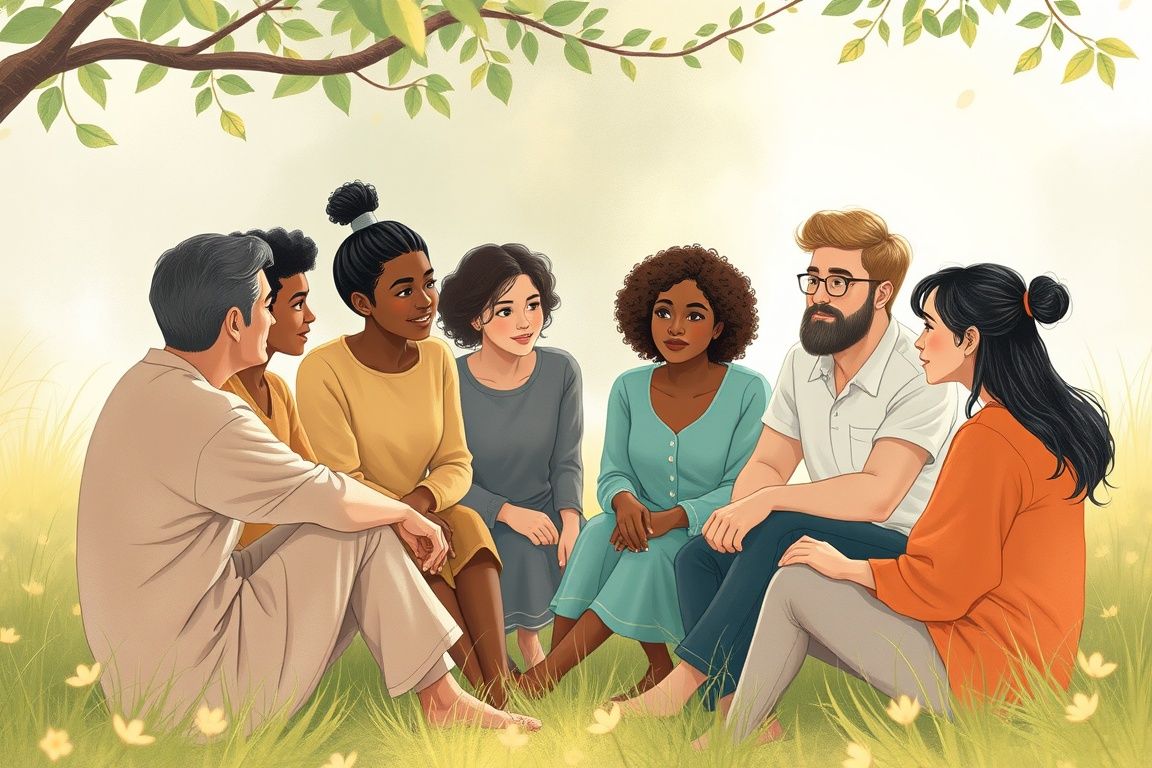Encouraging Empathy and Perspective-Taking
Why It’s Worth It
Help children understand and articulate their own feelings and those of others, enhancing emotional intelligence.
Foster better relationships and communication skills, benefiting interactions at home, school, and in the community.
Equip children with tools for conflict resolution and cooperation, crucial for their social development.
Your Learning Roadmap
Foundations of Empathy
This module provides an overview of what empathy is, why it's critical for building healthy relationships, and how emotions play a role in our interactions. Participants will explore the definition of empathy, learn about its benefits, and discover simple ways to encourage empathy in everyday scenarios. The module leverages insights from Emotional Intelligence and The Whole-Brain Child to lay a solid foundation for further learning. Understanding Empathy The Role of Emotions Benefits of Empathic Behavior
Recognizing and Labeling Feelings
This module dives into the diverse world of emotions. It focuses on teaching children to accurately recognize and articulate feelings using age-appropriate language and activities. Drawing on techniques from nonviolent communication and brain-based learning frameworks, the module encourages self-reflection and awareness. Emotion Identification Labeling Emotions Tools for Emotional Awareness
Perspective-Taking: Seeing Beyond Oneself
This module teaches children how to adopt another person’s perspective. Participants will learn why and how to step into someone else’s shoes, an essential component for deep empathy building. The module combines role playing, storytelling, and reflective exercises that draw on the frameworks of nonviolent communication and brain development research. Understanding Others' Viewpoints Role Playing Scenarios Reflective Listening Techniques
Building Compassion Through Activities
This module focuses on practical activities that build and nurture compassion. Through creative storytelling, art projects, and cooperative games, children learn to express empathy in diverse ways. The hands-on activities are informed by methods discussed in The Whole-Brain Child and Nonviolent Communication, offering an innovative approach to social-emotional learning. Storytelling for Empathy Art and Expression Cooperative Games
Empathy in Daily Life
This final module focuses on transforming learned empathy and perspective-taking into daily habits. Learners will explore strategies to apply their skills at home, school, and in the community. The module emphasizes ongoing practice, guided by reflective self-assessment and situational role plays. Participants learn to use empathy as a tool for resolving conflicts and building stronger relationships. Empathy at Home Empathy in School Community and Conflict Resolution
What Users Are Saying
All You Need to Know
Join the Empathy Journey!
Engage in interactive conversations with an AI tutor.
Learn at your own pace, anytime and anywhere.
Receive instant feedback on activities and exercises.
Practice real-world applications of empathy skills.
Use engaging storytelling and art projects for learning.
Explore practical tips for nurturing empathy at home.

